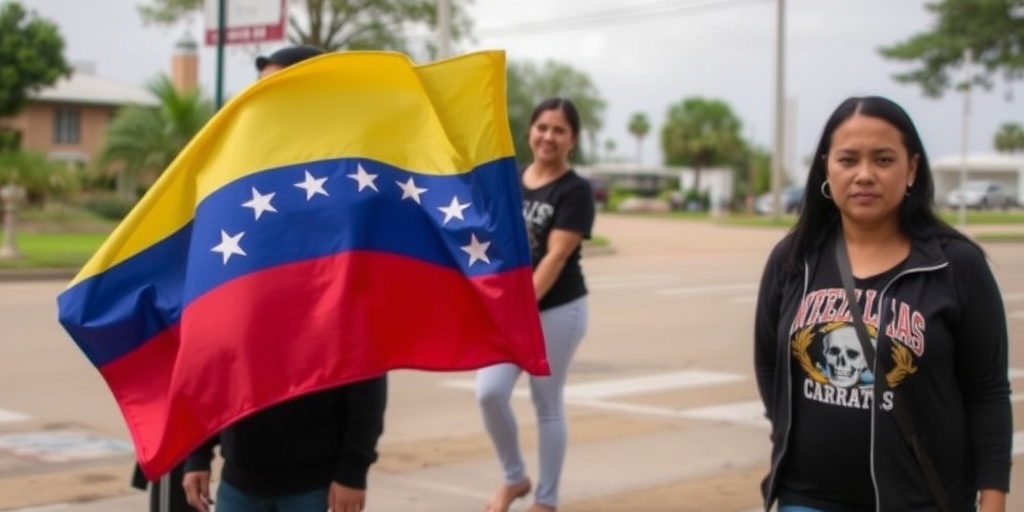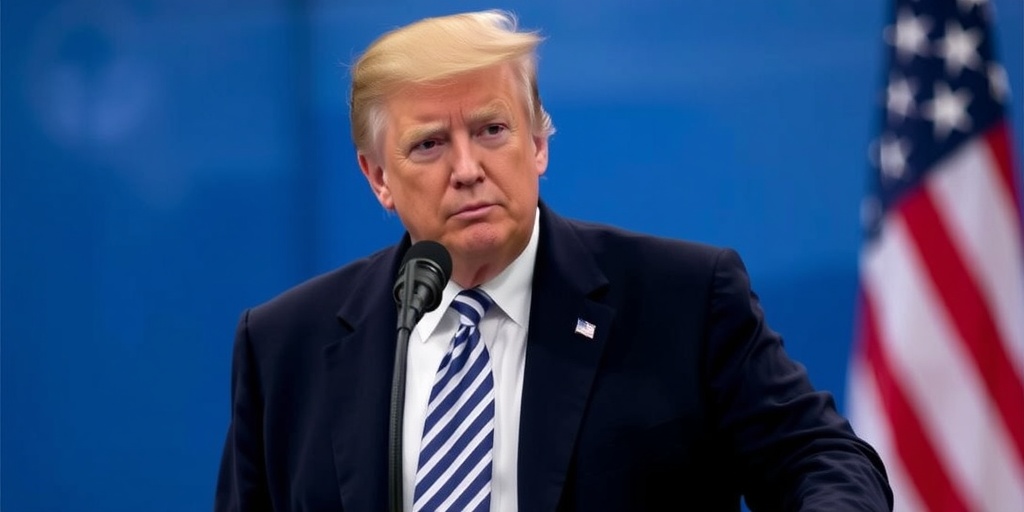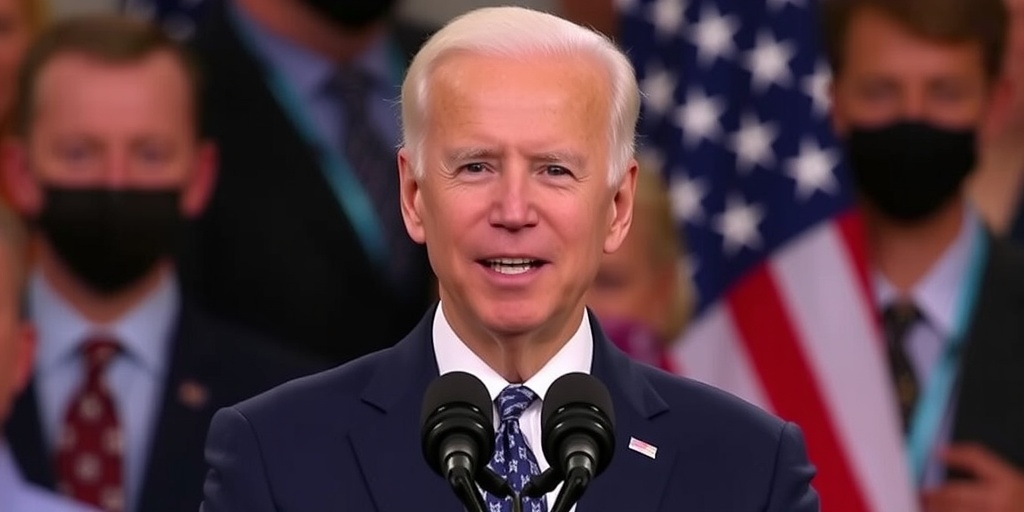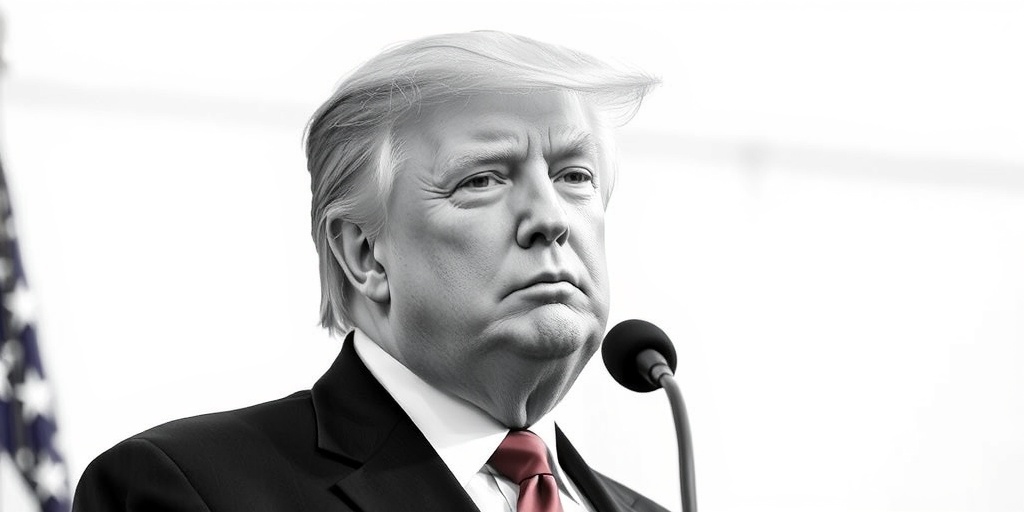Now Reading: Texas Lawyers Fight Deportations for Venezuelan Migrants
-
01
Texas Lawyers Fight Deportations for Venezuelan Migrants
Texas Lawyers Fight Deportations for Venezuelan Migrants

ACLU Fights Trump Administration’s Deportation Efforts Using Alien Enemies Act
In a significant escalation of legal actions against the Trump administration’s deportation practices, attorneys from the American Civil Liberties Union (ACLU) have filed a request with a federal court in Texas. The aim is to prevent the White House from utilizing a rarely utilized wartime statute known as the Alien Enemies Act to deport Venezuelan migrants to El Salvador. This plea for intervention underscores the ongoing legal turmoil surrounding the administration’s approach to immigration during President Trump’s second term.
The ACLU’s filing, which was submitted to the Federal District Court in Brownsville, Texas, came in direct reaction to a Supreme Court ruling made earlier in the week. This ruling allowed migrants to challenge their deportation under the Alien Enemies Act, but explicitly stated that the challenges needed to be filed in the location of their detention. As such, the ACLU shifted its focus to Texas, where many of the detained individuals currently are.
The case at hand involves three Venezuelan men, referred to only by their initials in court documents. Previously, these individuals had managed to secure a protective order against being deported to El Salvador from Judge James E. Boasberg in Washington D.C. However, the Supreme Court’s recent ruling overturned this order, insisting that the ACLU’s application should be pursued in Texas instead of the nation’s capital.
On a parallel track, the ACLU also filed a similar case in New York on Tuesday, which highlights the intricacies of migration and detention across state lines. In their New York case, two of the Venezuelan migrants had been transferred from a Texas detention facility to a correctional facility in Goshen, Orange County, NY. An emergency hearing has been set for Wednesday morning in the Manhattan Federal District Court to discuss this matter.
The efforts by the Trump administration to invoke the Alien Enemies Act to facilitate the deportation of Venezuelan migrants have sparked a fierce legal struggle. Such measures began last month when President Trump claimed that individuals he plans to deport are associated with a violent Venezuelan street gang named Tren de Aragua. The Alien Enemies Act, which dates back to 1798, is notable for its extremely limited application in American history, having been invoked only three times since its inception.
Upon hearing of Trump’s intentions, the ACLU moved promptly, challenging the legality of the act’s invocation, particularly as over 100 Venezuelan migrants were being swiftly transported to El Salvador. These individuals were subsequently placed in a notorious facility dubbed CECOT, known for its harsh and inhumane conditions.
The ACLU contends that the administration’s application of the Alien Enemies Act is unlawful, arguing that the law is only intended for times of declared war or recognized invasions by foreign nations or governments. The recent Supreme Court ruling, while acknowledging procedural considerations, did not address the crucial question of President Trump’s compliance with the legal stipulations of the Alien Enemies Act.
A federal appeals court in Washington had already expressed skepticism regarding the administration’s application of the statute, suggesting that it seems improbable that the law could be appropriately employed in the manner intended by Trump. Judge Boasberg, who initially ruled in favor of the Venezuelan men, echoed this skepticism by highlighting concerns that those detained had no plausible means to contest the government’s claims of gang affiliation.
Among the individuals included in the Texas filings is a 32-year-old Venezuelan man, identified as J.A.V., who entered federal custody following an asylum interview in February. His detention was primarily attributed to his tattoos, and he has categorically denied any involvement with Tren de Aragua. Legal representatives for J.A.V. have raised serious concerns regarding his health status, as he is reportedly HIV-positive, and they argue that he faces potential persecution in El Salvador due to his sexual orientation. Like his fellow detainees, he narrowly avoided deportation on March 15, thanks to Judge Boasberg’s earlier injunction.
The other two identified men in the Texas filings—referred to as J.G.G. and W.G.H.—have similarly denied any connections to the gang in question. As the legal battles unfold, the future remains uncertain for these Venezuelan migrants caught in the crossfire of an administration’s controversial immigration policies and a judiciary seeking to enforce legal protections.
As the ACLU continues to advocate for the rights of these individuals, the case highlights the complex intersection of immigration, law, and human rights amid an increasingly fraught political landscape in the United States. The outcomes of these legal proceedings could set significant precedents for how wartime statutes are applied in contemporary immigration contexts moving forward.
Stay Informed With the Latest & Most Important News
Previous Post
Next Post
-
 01New technology breakthrough has everyone talking right now
01New technology breakthrough has everyone talking right now -
 02Unbelievable life hack everyone needs to try today
02Unbelievable life hack everyone needs to try today -
 03Fascinating discovery found buried deep beneath the ocean
03Fascinating discovery found buried deep beneath the ocean -
 04Man invents genius device that solves everyday problems
04Man invents genius device that solves everyday problems -
 05Shocking discovery that changes what we know forever
05Shocking discovery that changes what we know forever -
 06Internet goes wild over celebrity’s unexpected fashion choice
06Internet goes wild over celebrity’s unexpected fashion choice -
 07Rare animal sighting stuns scientists and wildlife lovers
07Rare animal sighting stuns scientists and wildlife lovers




















